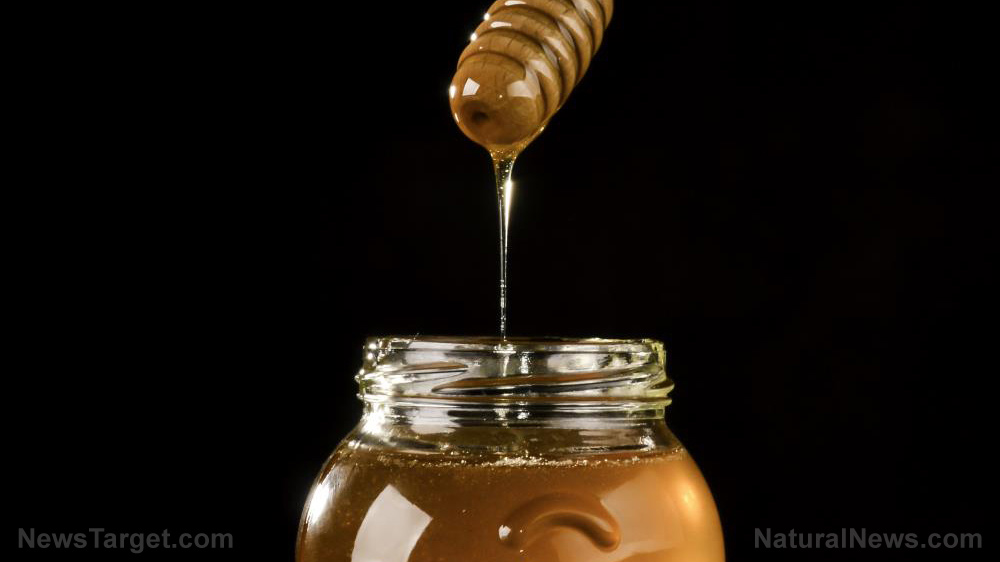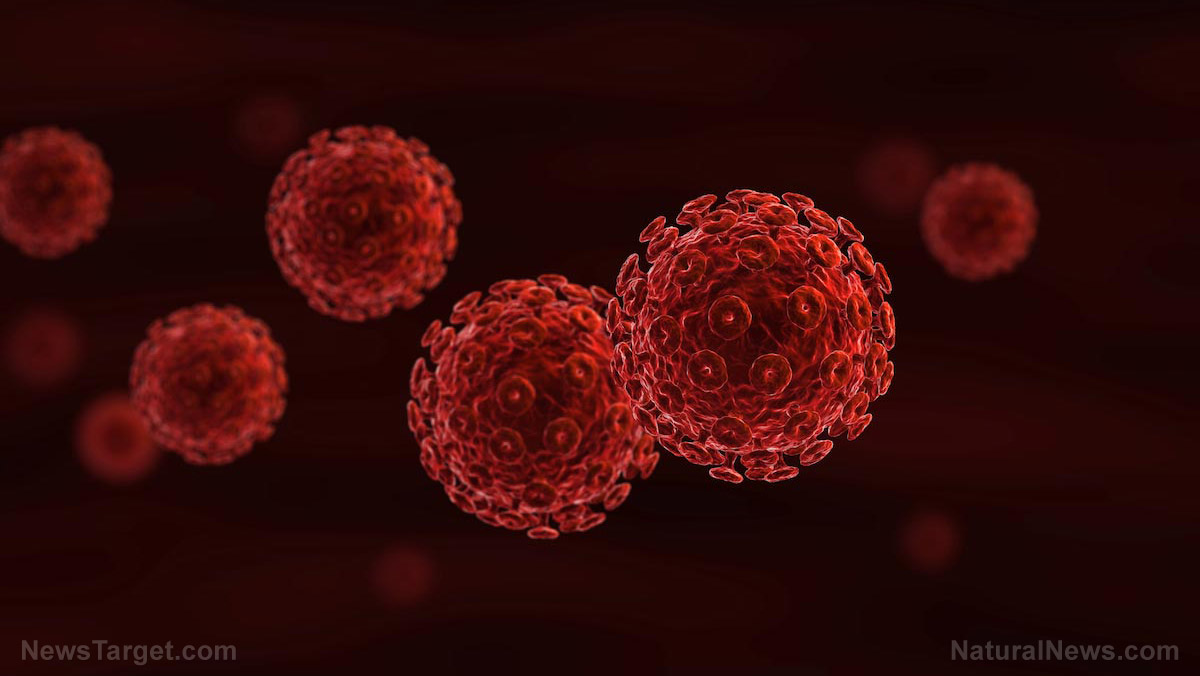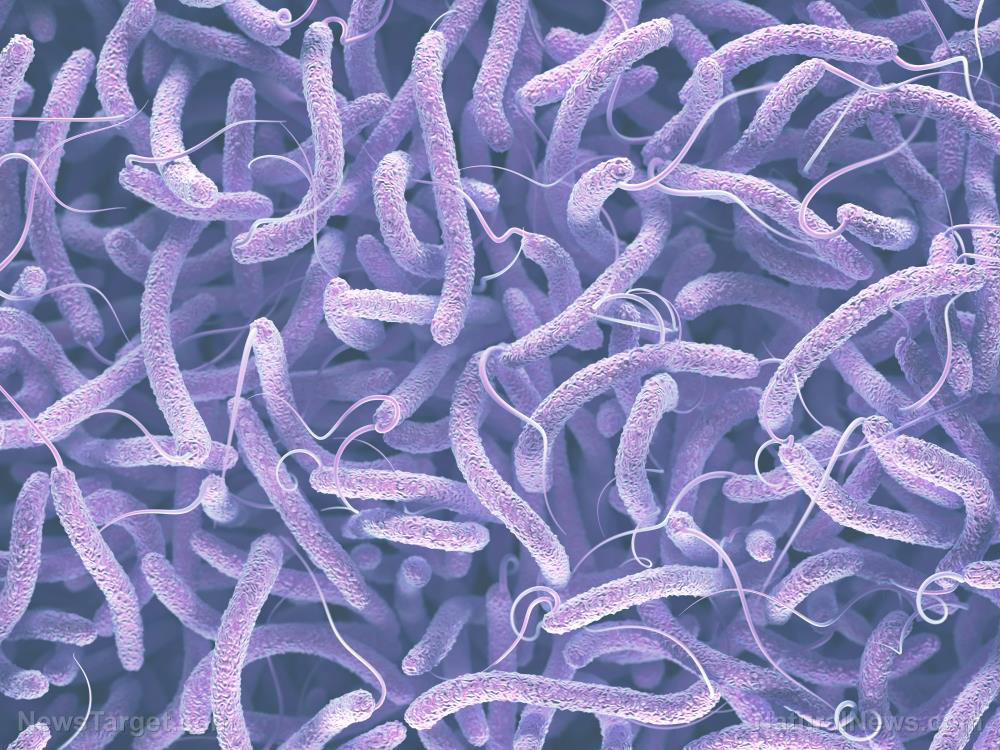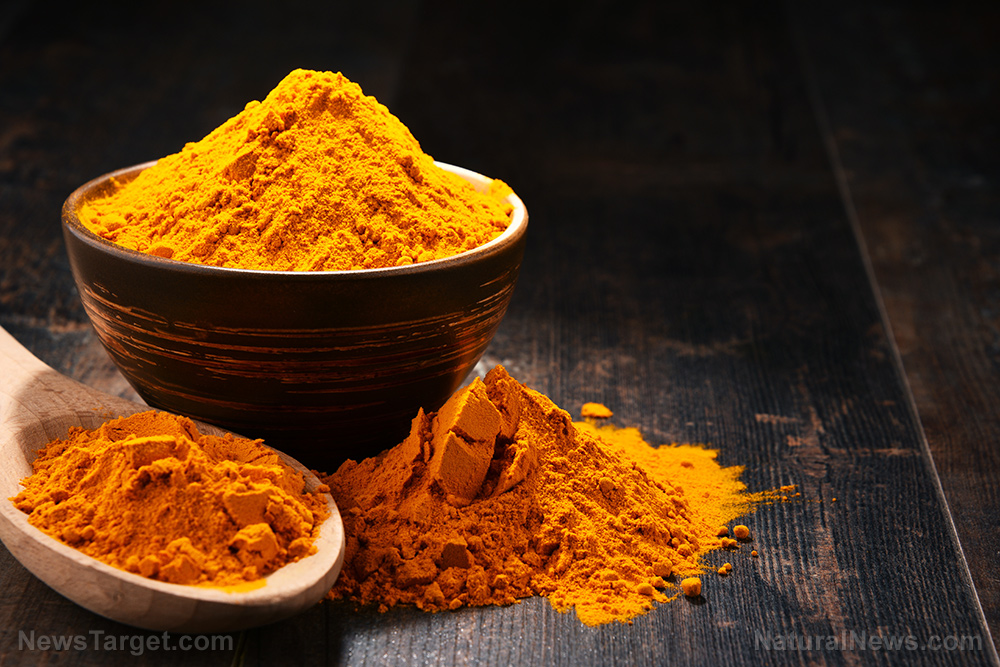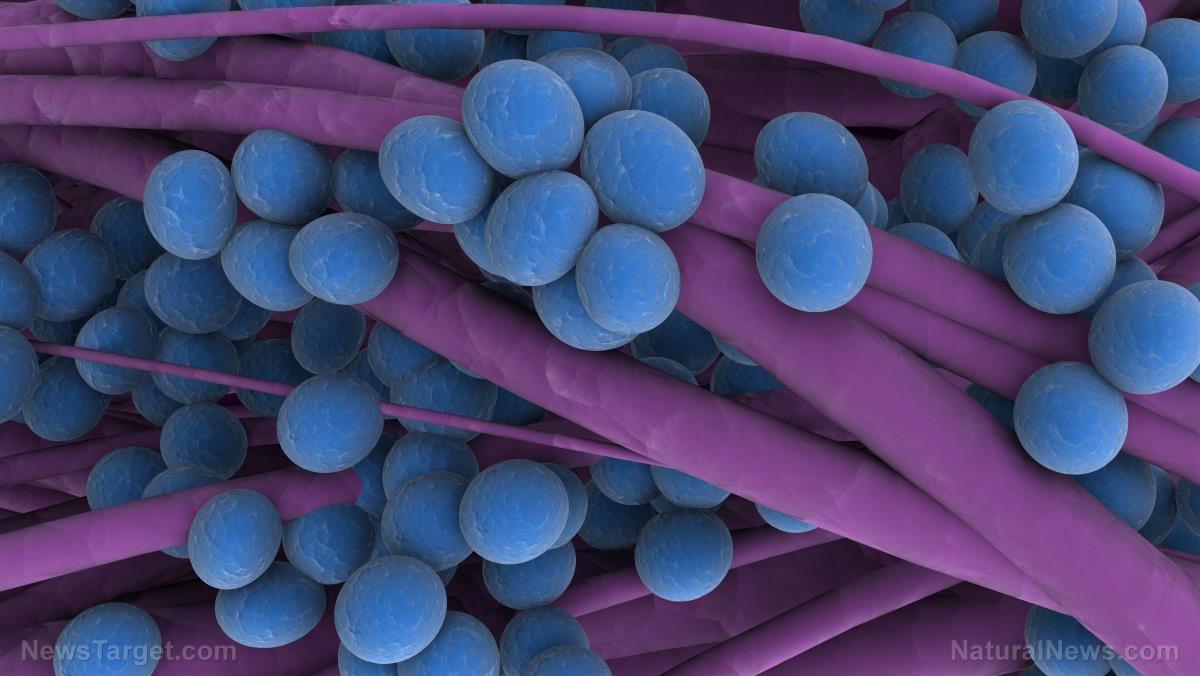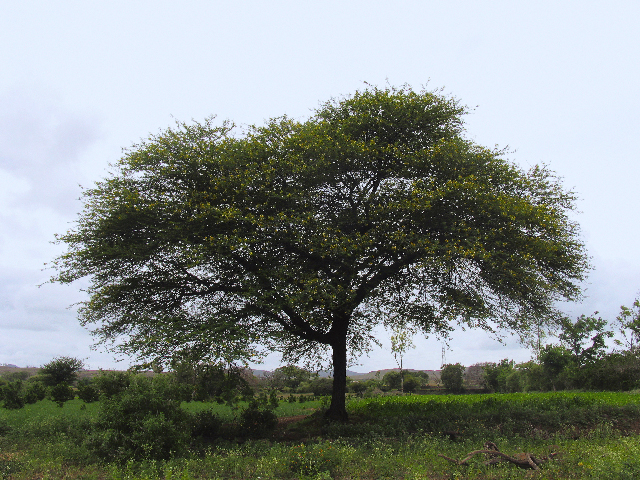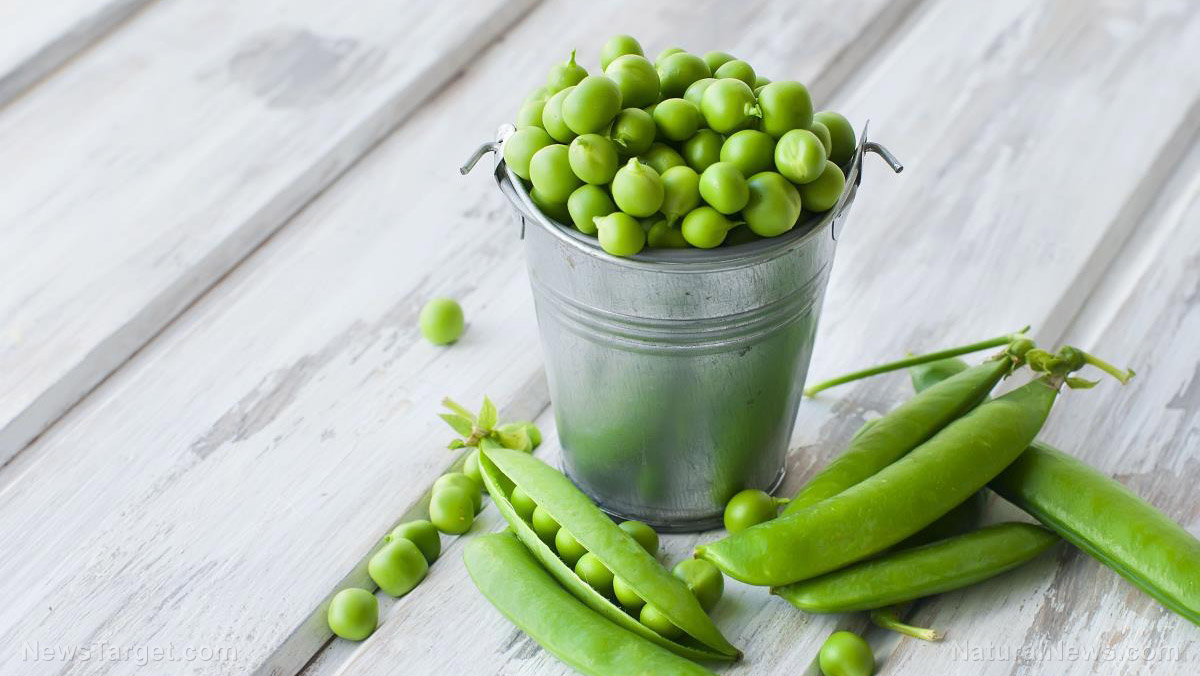How poultry farming in India contributes to the global superbug problem: Antibiotics help chicks grow bigger, faster, for more profit
02/26/2018 / By Jhoanna Robinson
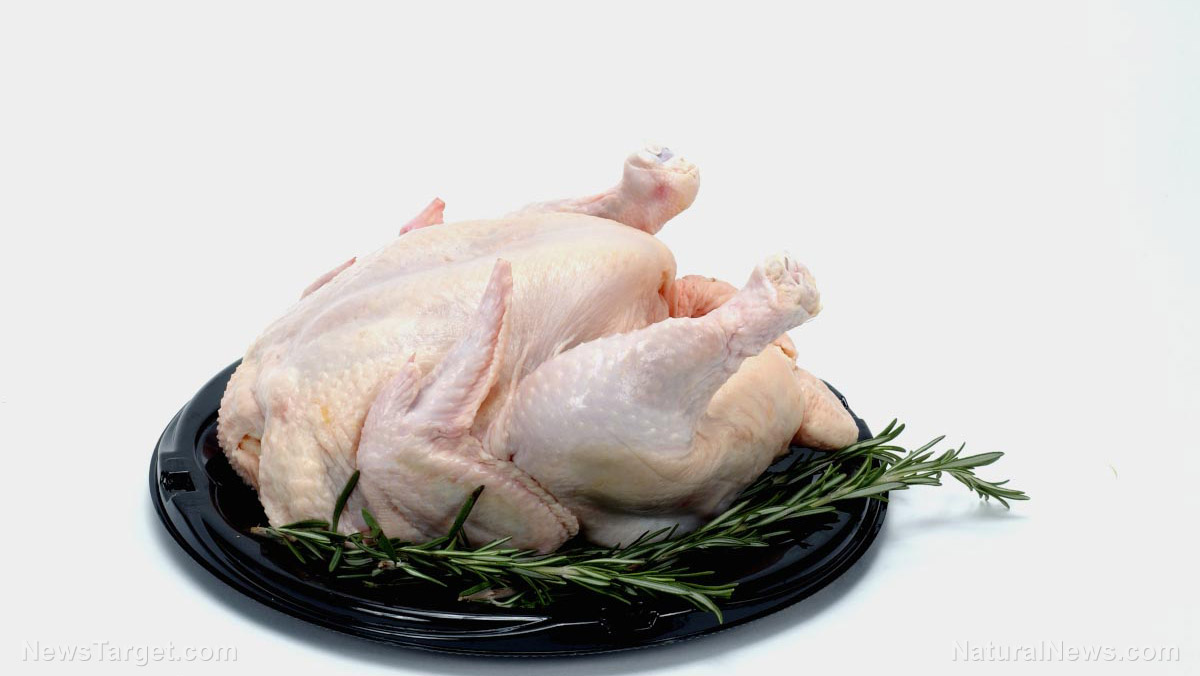
Chicks that arrive on a farm in Rangareddy district in India, near the southern metropolis of Hyderabad, are fed a yellow liquid from plastic containers. “Now the supervisor will come, and we will have to start with whatever medicines he would ask us to give the chicks,” the caretaker said.
These medicines are antibiotics, of which one kind is colistin. The World Health Organization (WHO), which calls these antibiotics “critically important to human medicine”, has urged for their restriction in animals and their ban as growth promoters.
According to the organization, when these antibiotics are constantly used in the farming industry, the chance that harmful bacteria will develop a resistance to them increases, rendering them useless when utilized to treat patients with. (Related: New hope for old antibiotics: Scientists have found a way to supercharge them for increased effectiveness against superbugs.)
Indian poultry processing company Venky’s sells colistin to farmers in India as a growth promoter. It is packaged with pictures of happy-looking children. The product claimed that it “improves weight gain” if one were to add 50 grams of it to each ton of chicken feed.
Venky’s is not doing anything illegal in India by selling colistin, and assured the public that it will comply with future regulatory changes, adding, “Our antibiotic products are for therapeutic use – although some of these in mild doses can be used at a preventive level, which in turn may act as growth promoters…We do not encourage indiscriminate use of antibiotics.”
Oakbrook, Illinois-based McDonald’s; Louisville, Kentucky-based KFC; Plano, Texas-based Pizza Hut; and Ann Arbor Township, Michigan-based Domino’s Pizza all attested to the statement that the chicken that they obtain from Venky’s are not raised on growth-promoting antibiotics.
McDonald’s promised to phase out the use of critically important antibiotics by 2018 for markets which include the European Union and the United States – with an additional year for phasing out colistin in Europe. KFC made a similar vow about its U.S. stores.
Both supply chains said they would do the same in India but were not so keen on giving any timeframe, a move that the New Delhi-based Centre for Science and Environment has deemed as following “double standards”. Jubilant FoodWorks, which owns Domino’s, put 2019 as the year that it would start phasing out the drugs.
Antibiotic resistance global expert Timothy Walsh said that the readily available presence of colistin in India is “deeply worrying” and that the continued use of colistin in poultry farming is “complete and utter madness”. Walsh, who is a professor of medical microbiology at Cardiff University, and his Chinese colleagues found a colistin-resistant gene in Chinese pigs in 2015.
The gene, mcr-1, can go back and forth between species of bacteria. This means that the microbes did not have to develop resistance by themselves, they could become resistant just by getting the mcr-1 gene. Prevalent use of the antibiotic in livestock farming has been said to be the most likely way that mcr-1 can spread.
Mcr-1 has been identified in bacteria from animals and humans in over 40 countries in four continents. Another four colistin-resistant genes (mcr-2 to mcr-5) have been known to exist since.
“Colistin is the last line of defense. It is the only drug we have left to treat critically ill patients with a carbapenem-resitant infection. Giving it to chickens as feed is crazy. Colistin-resistant bacteria will spread on the chicken farms, in the air surrounding them, contaminate the meat, spread to the farm workers, and through their feces, flies will spread it over large distances,” said Walsh.
“Colistin should only be used on very sick patients. Under any other circumstances it should be thought of and treated as an environmental toxin. It should be labelled as such. It should not be exported all over the world to be used in chicken feed,” he added.
These findings came about as a result of a study that the Bureau of Investigative Journalism conducted.
For more stories on viruses, illnesses, and the threat of worldwide pandemics, visit Outbreak.news.
Sources include:
Tagged Under: Antibiotics, colistin, colistin-resistant gene, food supply, gene, Microbiology, superbugs, supply chain

